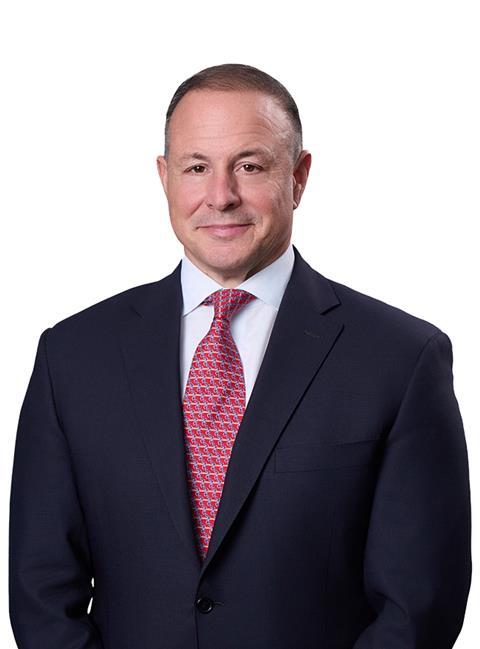Everest’s Anthony Izzo, explains that the reinsurer’s leaning into property facultative, building hybrid structures, and using technology to strengthen long-term partnerships.
Everest is leaning into international property facultative business and expanding hybrid solutions as part of a wider push to strengthen long-term client relationships, according to Anthony Izzo, the reinsurer’s chief global broking officer and head of global facultative and hybrid solutions.

Speaking to GR at RVS 2025 in Monte Carlo, Izzo (pictured) described how his dual roles are designed to deepen Everest’s connections with its largest trading partners across insurance and reinsurance.
“We wanted to be more focused on our most important trading relationships,” he said.
“This endeavour focuses specifically on the opportunities within those franchises, the issues and problems they have, and how we match our capabilities to those opportunities.”
The role of Izzo and his team, announced in August last year, is focused on shared priorities among Everest’s global distribution partners, and aligned with its “One Everest” strategy for delivering stakeholder value.
Izzo told GR that facultative business, historically fragmented by region, has been reshaped into a global platform with local delivery. That shift has coincided with robust demand for property fac covers.
“We’ve had the best pricing environment in the property world in the last five years,” he said.
“Facultative property demand is at the highest it’s been for quite some time, and cedents are using it to smooth out peaks and valleys in their portfolios,” Izzo continued.
He emphasised that fac is less about price arbitrage but a strategic tool for portfolio management.
“Cedents are much more aware of the effectiveness, flexibility and nimbleness of the tool,” he said.
Technology also plays a significant role in reaching his goals. Everest has launched ‘EverTech’, an online portal that aims to allow cedents and brokers to receive quotes and bind US non-cat property risks directly.
“It eradicates a lot of the lag in facultative. It won’t replace traditional trades, but it will augment our relationships,” Izzo said.
Hybrid structures
Alongside fac, Everest is also scaling its hybrid reinsurance offerings – structures that fall between the traditional definitions of individual risk and traditional treaty covers.
“Hybrid is everything short of a traditional reinsurance treaty,” Izzo said. “It can be automatic, semi-automatic or a carve-out, giving cedents tremendous flexibility to manage risk within their appetite.”
He stressed that close collaboration with treaty colleagues is central to Everest’s approach to using such hybrid products.
“Facultative can bridge the gap when cedents want to retain risk at a certain level but their treaty attachments are higher,” he noted.
Looking ahead, Izzo underlined Everest’s focus on service and reputation.
“We have a 50-year track record in the market, we’re known for paying our claims and being customer-centric. Our goal is to build those long-term partnerships by listening to clients and being there for them, through both hard and soft cycles,” he added.










No comments yet